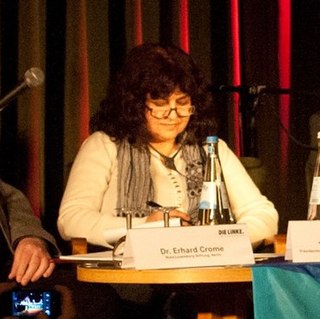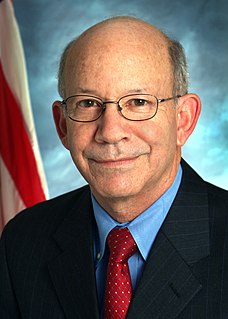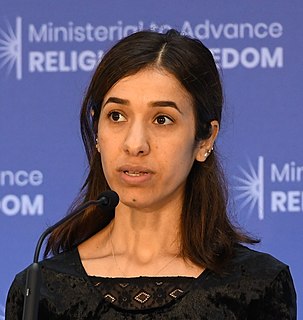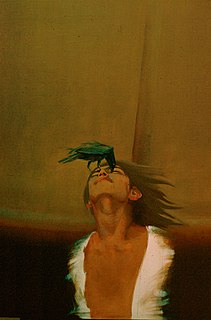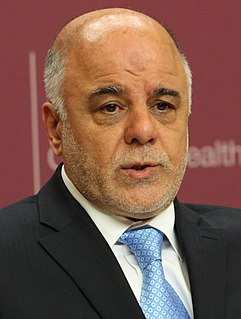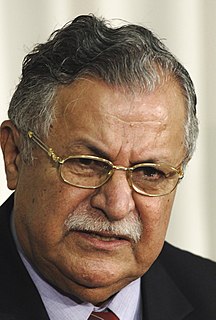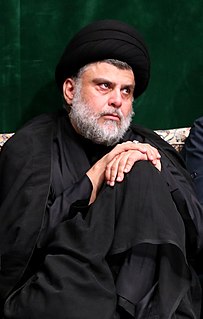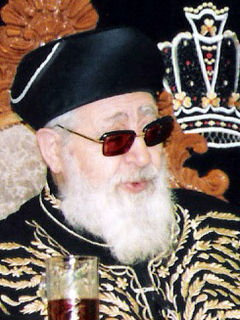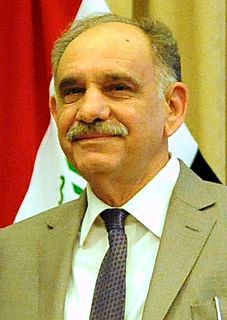A Quote by Yanar Mohammed
I would like to see the Iraqi government guarantee social insurance for the Yazidi women who were enslaved and to recognise their status as prisoners of war.
Related Quotes
We have had many wars with other countries and when a prisoner comes back they get many benefits, they get a house, they get a salary and I want the Iraqi government to do this for the Yazidi women so that they can have the social status that would allow a good future, a good family and a good status in society.
Americans would have a right to go to war with the Iraqis if we could name one author from Iraq. It disturbs me that we're going to war with somebody we know absolutely nothing about. Name one Iraqi poet, one Iraqi woman activist, one Iraqi singer. Name one Iraqi novelist. You can't. And how can you go kill someone you don't know anything about?
Earthly families all look different. And while we do the best we can to create strong traditional families, membership in the family of God is not contingent upon any kind of status - marital status, parental status, financial status, social status, or even the kind of status we post on social media.
It is the US government's desire for the Iraqi people to lead themselves, not for any outside power to be the leadership for Iraq in the future. There may be some transition period where the international community would have to help the Iraqi people put in place a representative government. But that is the goal, not for the United States, or any other nation, for that matter, who might be in such a coalition, if one is formed, to serve as the leader of the Iraqi nation.
American fighters of the Pacific War were not heroes. The desperation of island combat included exchanged barbarities of which no one would willingly speak for a generation. On the American side, there were foul racism, vengeful refusals to take prisoners, a generalized brutality that extended to a savage air war.
